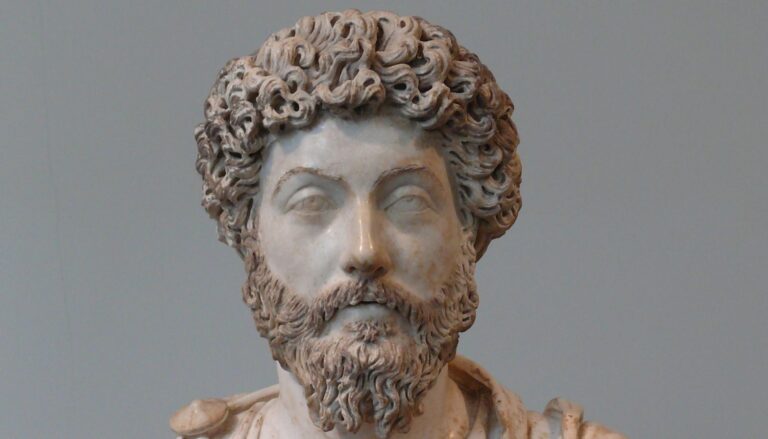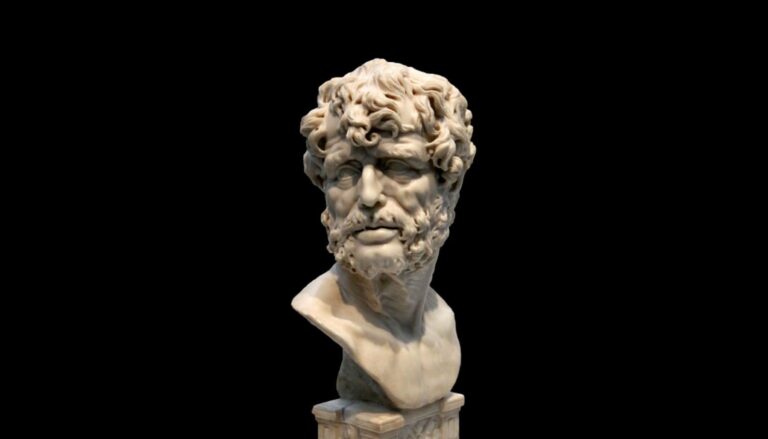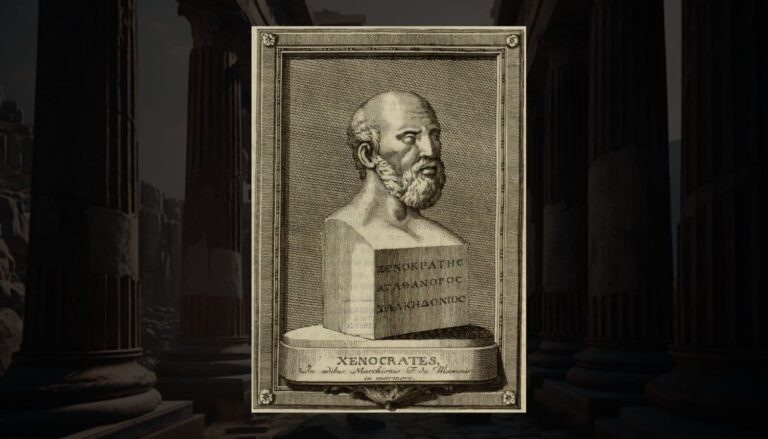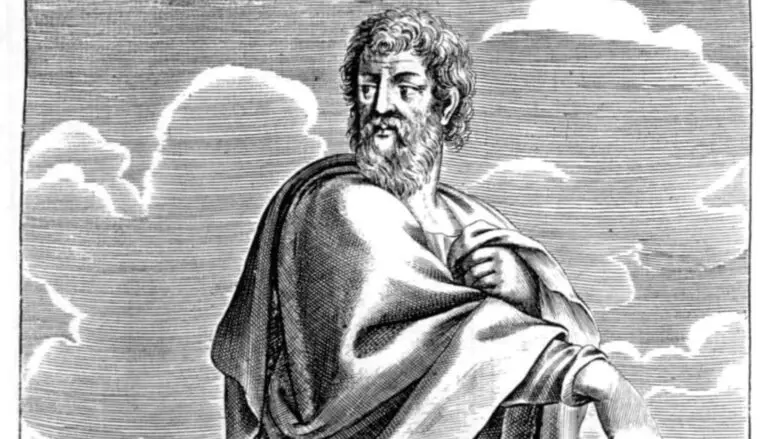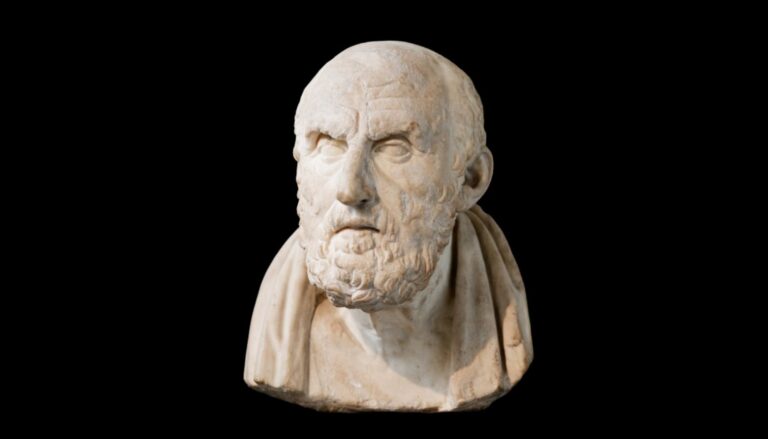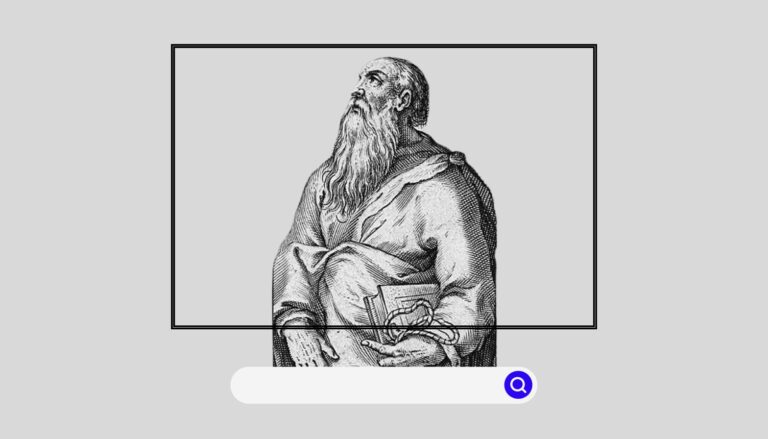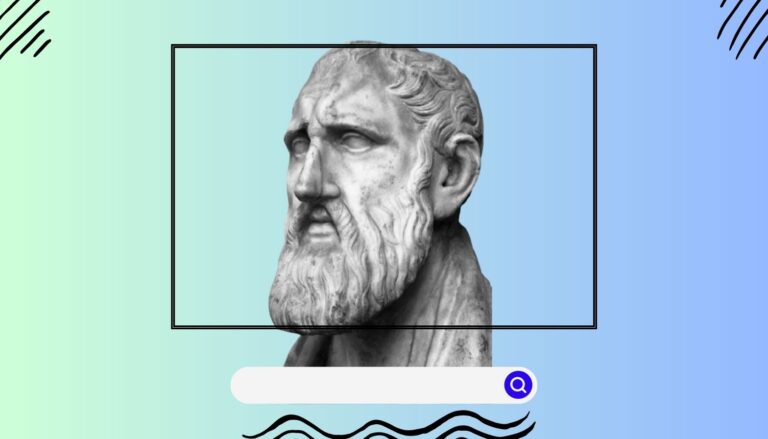Biografia
Górgias foi um filósofo sofista nascido na cidade grega Leontini por volta de 485 a.C., e morreu em 380 a.C., aos 105 anos. Foi discípulo de Empédocles de Agrigento, conheceu a doutrina dos pitagóricos e de Melisso de Samos, mas acabou se tornando um cético.
Começou ensinando na Sicília, e em seguida foi para Atenas. No fim de sua vida, Górgias se estabeleceu em Larissa, na Tessália.
Obras
Melisso de Samos havia escrito uma obra chamada Sobre a Natureza, isto é, sobre o Ser.
Górgias, então, buscou refutar as ideias contidas neste livro de Melisso, e assim, ele escreveu sua principal obra chamada: Sobre a Natureza, isto é, sobre o não Ser.
Principais ideias de Górgias
As ideias de Górgias contrariam às de Parmênides e dos outros filósofos eleáticos, que afirmavam que o ser é, e o não ser não é.
O ser, na visão de Parmênides, é eterno, imutável, uno, indivisível. O ser não foi gerado no tempo, pois sempre foi o que é; e nem pode ser reduzido ao nada.
Contra estas teses metafísicas, o sofista Górgias elabora uma argumentação bastante curiosa. Vejamos seu raciocínio.
O não ser é: o nada existe
Górgias defendia que o não ser, ou seja, o nada, existia. Ele raciocinou da seguinte forma: O ser é, e o não ser não é. Ora, se o não ser não é, então ele é alguma coisa. Ele é o inexistente, logo, o não ser é. Portanto, o nada existe.
Uma vez provado que o não ser é, então o seu oposto, o ser, não é.
O ser não é
Para o ser existir, de fato, é necessário que ele seja eterno ou gerado (tese sustentada por Parmênides). Mas se o ser for eterno, ele deve ser infinito no espaço e tempo. No entanto, se for infinito ele estará em todo lugar, porém aquilo que está em todo lugar não está em lugar algum. Logo, o ser não pode ser eterno.
Se considerarmos que o ser é gerado, então ele nasceu do não ser, o que não é possível, pois nada vem do nada. Mas, e se o ser nasceu do ser? Impossível, pois nesse caso o ser já existiria antes de nascer, o que é absurdo
Logo, o ser não é. E se o não ser é, nada existe. Esta doutrina de Górgias foi denominada de “niilismo”, pois coloca o “nada” como fundamento filosófico da realidade.
Resumo das ideias de Górgias
As outras ideias de Górgias sobre o Ser, podem ser resumidas nos seguintes pontos:
- O nada existe, pois os filósofos apresentaram diversas definições contrárias umas às outras, e isto demonstra que o ser não existe.
- Ainda que o ser existisse, seria incognoscível, isto é, impossível de se conhecer por qualquer via. O pensamento nem sempre pensa o ser, como defendia Parmênides, pois às vezes pensamos coisas que não existem, por exemplo, a Quimera, Titãs, etc.
- Considerando a possibilidade de sermos capazes de pensar o ser, não conseguiríamos expressá-lo por meio de palavras, pois o ser é inexprimível. Se nossas palavras não podem expressar o ser, a realidade, então ela não é mais a transmissora da verdade; a palavra torna-se portadora de persuasão e sugestão.
Quando a palavra é usada para persuadir o público, uma assembleia, ou juízes, então ela torna-se um ótimo instrumento para a retórica (oratória); mas se a palavra estiver sendo usada para fins estéticos, então teremos a arte.
Por essa razão, Górgias é considerado o pai da retórica.

